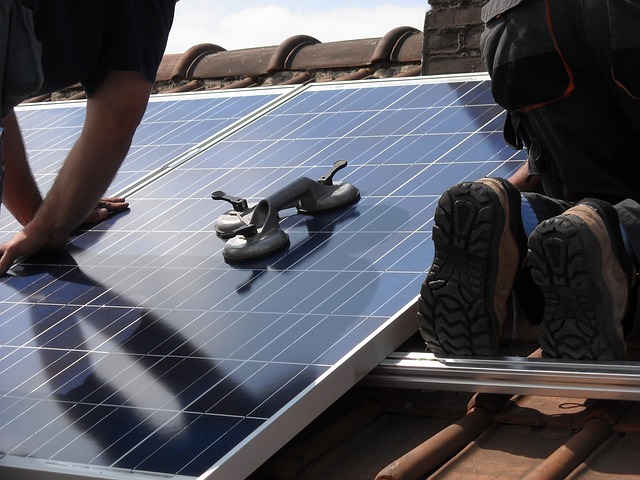
Deciding If Solar Panels Are a Good Option for Your Home
As energy costs keep getting higher and environmental concerns grow, many homeowners are considering solar panels as a viable alternative to traditional electricity sources. However, before making the investment, it’s important to assess whether solar energy is the right choice for your home. Several factors, including location, roof condition, financial incentives, and energy needs, will play a crucial role in your decision.
Assessing Your Home’s Solar Potential
The first step in figuring out if solar panels are a good fit is evaluating your home’s solar potential. Solar panels work best in locations with abundant sunlight. Homes in sunny states, such as Arizona, California, and Nevada, are ideal for solar energy systems due to their high number of sunny days per year. If you live in a region with frequent cloud cover or heavy shading from trees or nearby buildings, solar panels may not be as effective.
Your roof’s condition and orientation also affect solar efficiency. A south-facing roof with minimal obstructions and ample space is ideal for maximizing sunlight absorption. Additionally, your roof should be in good condition before installation; if it requires repairs or replacement in the near future, those should be addressed beforehand to avoid extra costs later on.
Evaluating the Financial Benefits
One of the main reasons homeowners consider solar panels is the potential for long-term savings on energy bills. By generating your own electricity, you can massively reduce or even get rid of your reliance on grid power. Many states offer net metering programs, allowing you to sell surplus energy back to the grid, further reducing costs.
Upfront costs can be a barrier, but various financing options and incentives can help make solar panels more affordable. Federal tax credits, state rebates, and solar leasing programs are available to offset installation expenses. In Arizona, for example, homeowners may qualify for state tax credits in addition to the federal solar investment tax credit (ITC). If you’re looking for the best solar company in Tucson, be sure to research providers that offer financing options and help with incentive applications.
Understanding Maintenance and Longevity
Solar panels are a long-term investment, usually lasting 25 to 30 years with minimal maintenance. Most systems come with warranties that cover performance and potential defects, ensuring you get the most out of your investment. However, occasional cleaning and inspections are recommended to maintain efficiency, especially in dusty or pollen-heavy areas.
Considering Your Energy Needs
Before installing solar panels, it’s important to evaluate your household’s energy consumption. If your electricity bills are already small, the savings from solar energy may not be significant enough to justify the investment. On the other hand, if you use a lot of electricity—especially during peak sunlight hours—solar panels can provide substantial financial benefits.
Making the Right Choice
Solar energy is a great choice for many homeowners, but it’s not a one-size-fits-all solution. By carefully evaluating your home’s solar potential, financial considerations, and energy needs, you can determine whether going solar is the right decision for you. If you decide to move forward, be sure to work with a trusted solar company to ensure a smooth and efficient installation process.







